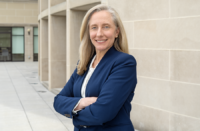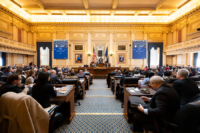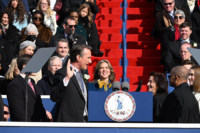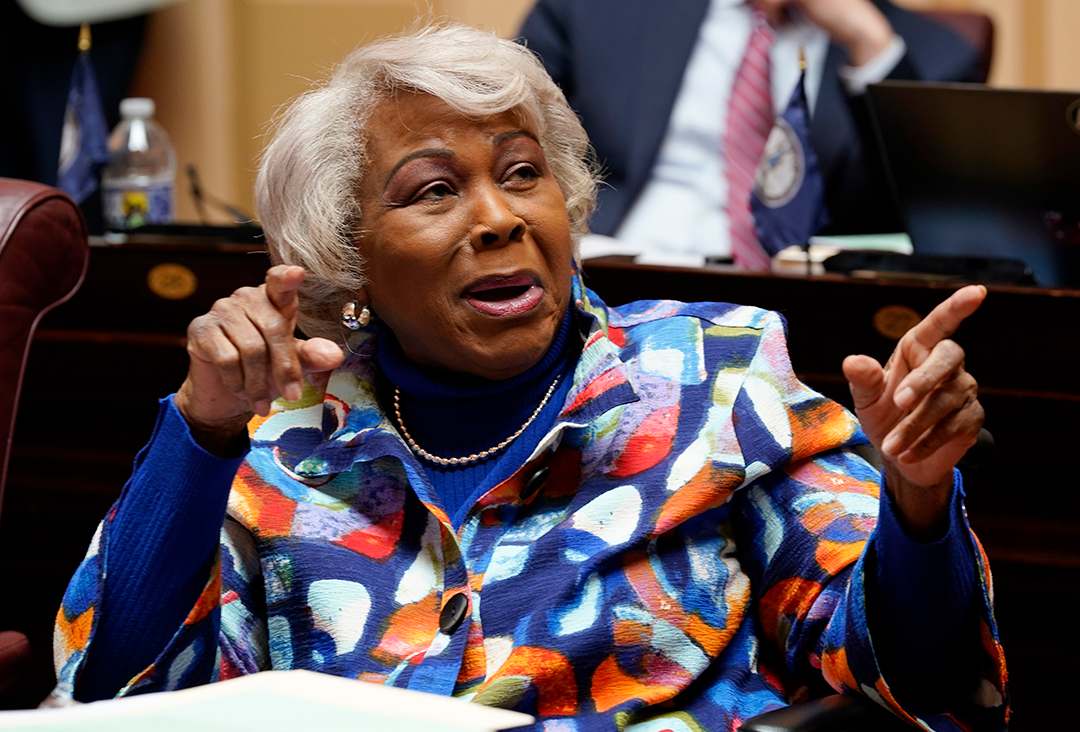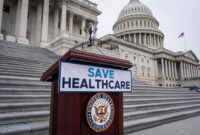Virginia Dems pass bills for family, medical and paid sick leave
Legislation creating a state family and medical leave insurance program and a measure requiring employers to provide paid sick leave are progressing in Virginia's legislature.
Spanberger appoints 27 university board members, including Northam
Gov. Abigail Spanberger wasted no time in naming 27 new members to the boards of George Mason University, Virginia Military Institute and the University of Virginia on her first day as governor.
Spanberger talks economic priorities in exclusive Q&A
Virginia Gov.-elect Abigail Spanberger outlines her priorities on affordability, housing, federal funding cuts, energy policy and economic growth.
2026 Virginia General Assembly preview: Dems contend with tricky budget
With Abigail Spanberger set to become governor, Virginia Democrats enter the 2026 General Assembly session with control of state government and major budgetary challenges.
Why Virginia’s one-term limit for governors deserves a second look
As Virginia prepares to swear in its first woman governor, it’s worth reexamining whether the commonwealth’s one-term limit on governors serves the state’s long-term economic and leadership interests.
Virginia lawmakers outline new retail marijuana plans
Lawmakers who in coming months will contribute to shaping the bills that launch Virginia’s long-awaited retail marijuana market unveiled some plans Tuesday. Members of the Joint Commission to Oversee the Transition of the Commonwealth into a Cannabis Retail Market discussed at a meeting in Richmond proposed legislative amendments they will suggest making to the 2025 […]
U.Va. continues presidential search, despite Spanberger’s call for pause
The University of Virginia's presidential search committee has continued its work in hiring a successor for former President Jim Ryan, despite recent calls from Gov.-elect Abigail Spanberger and groups of faculty and staff to pause the process.
Spanberger calls on U.Va. board to wait on hiring next president
Virginia Gov.-elect Abigail Spanberger sent a letter to the University of Virginia's board leaders Wednesday calling for them to delay hiring a new president or determine final candidates until she takes office in January 2026.
Democrat Jay Jones wins race to be Virginia attorney general despite texts endorsing violence
Democrat Jay Jones wins Virginia attorney general race despite backlash over violent 2022 texts, defeating GOP incumbent Jason Miyares.
Virginia Democrats say U.Va.-DOJ deal violates state law
Virginia Democratic Senate leaders raised concerns about the university's recent agreement with the U.S. Department of Justice.
Shutdown fight renews debate over health subsidies
As the government shutdown drags on, Democrats and Republicans clash over extending Affordable Care Act tax credits.
Judge to rule soon on Virginia Senate’s rejection of college board appointees
Fairfax County Circuit Court Judge Jonathan Frieden expects to rule by Tuesday night on an injunction that would prevent three state university boards from recognizing eight appointees rejected by a state Senate committee




